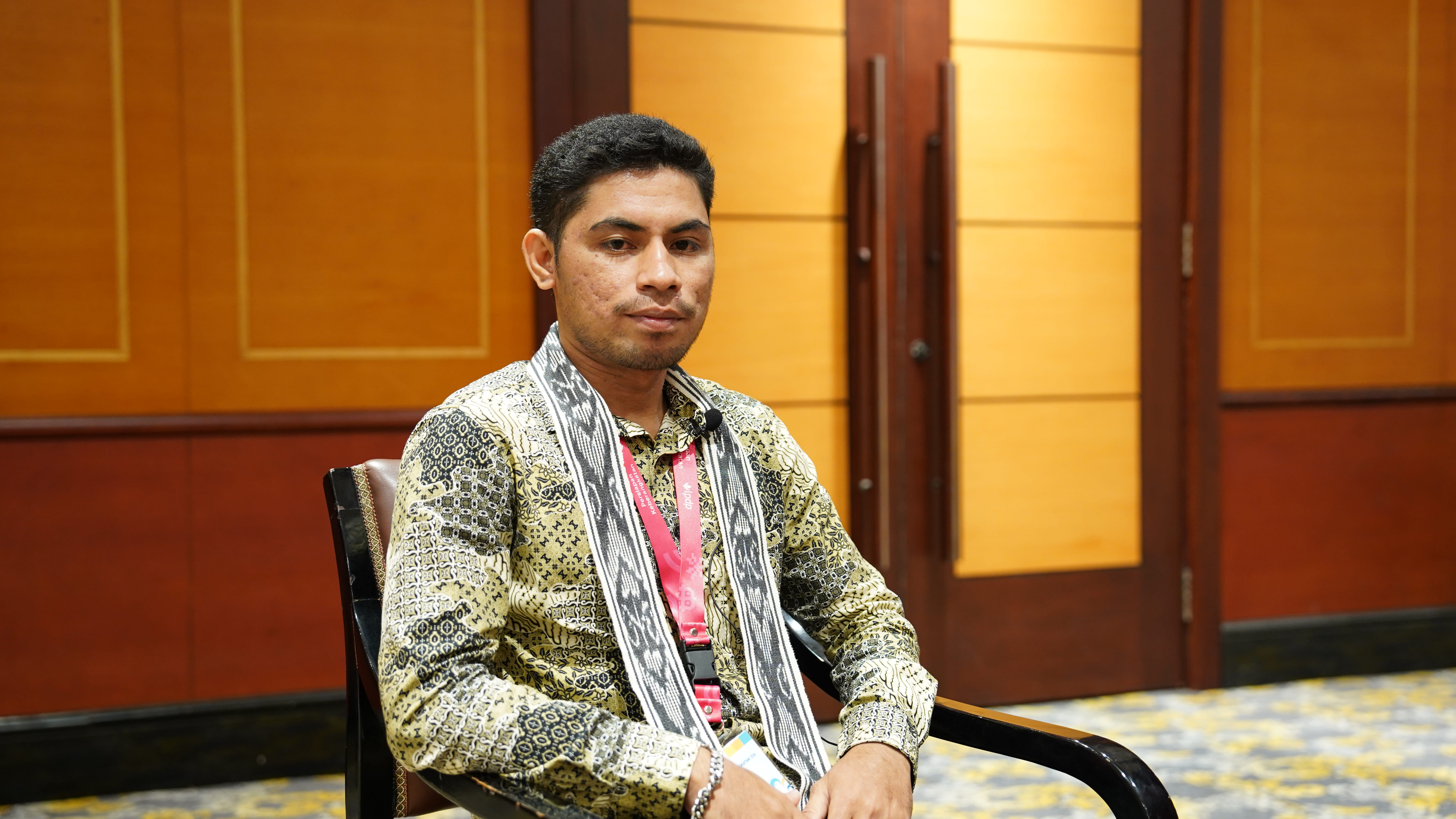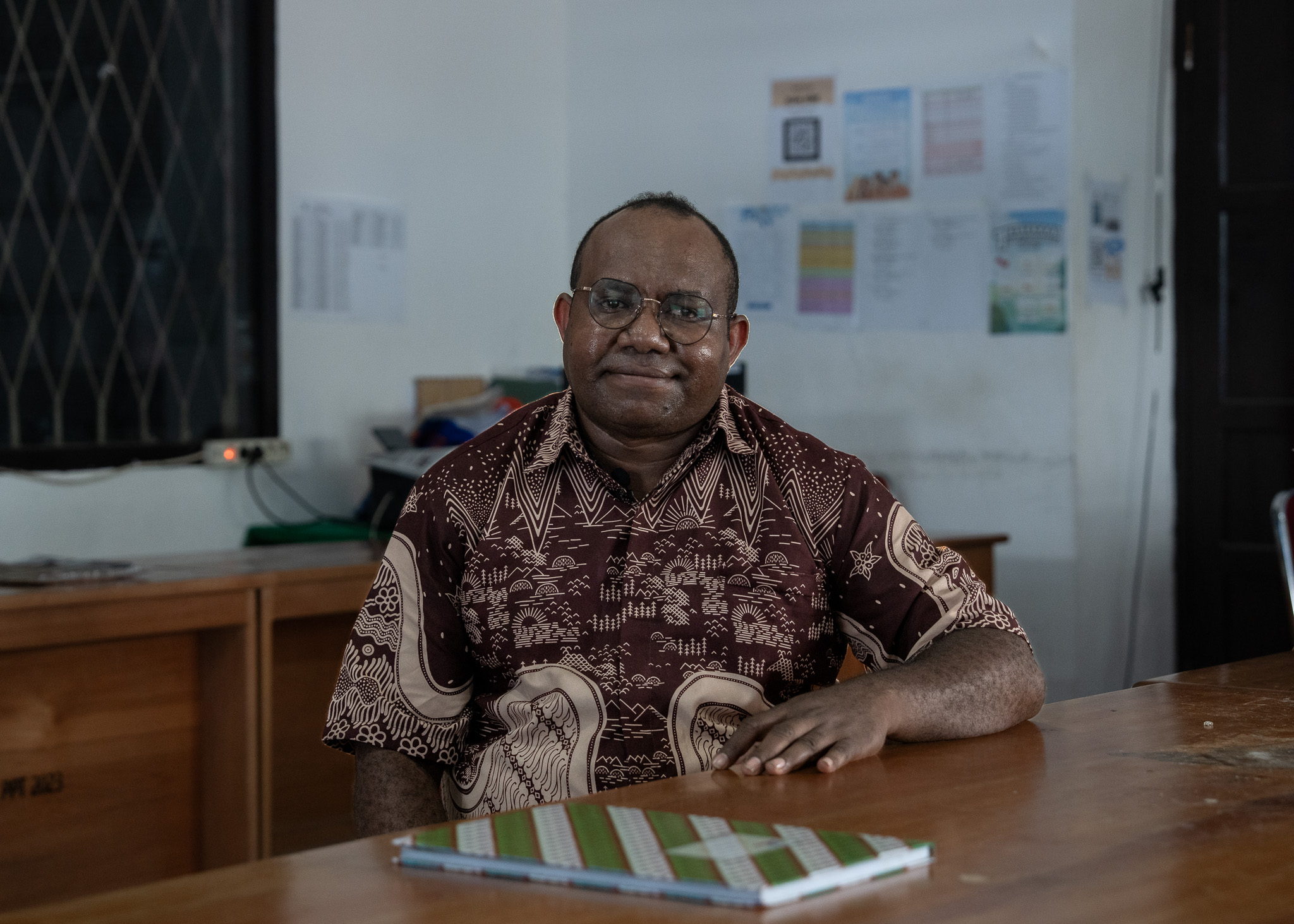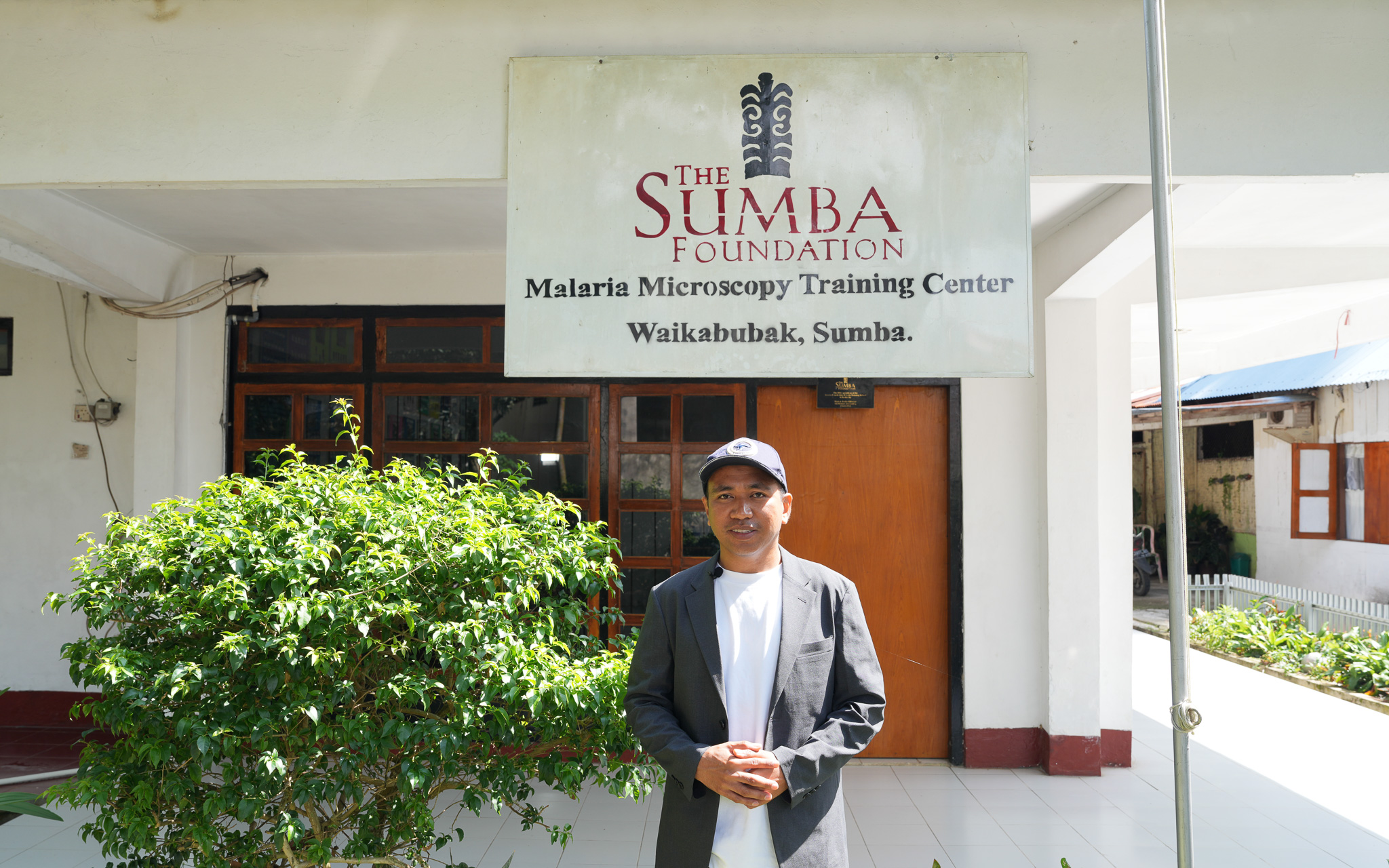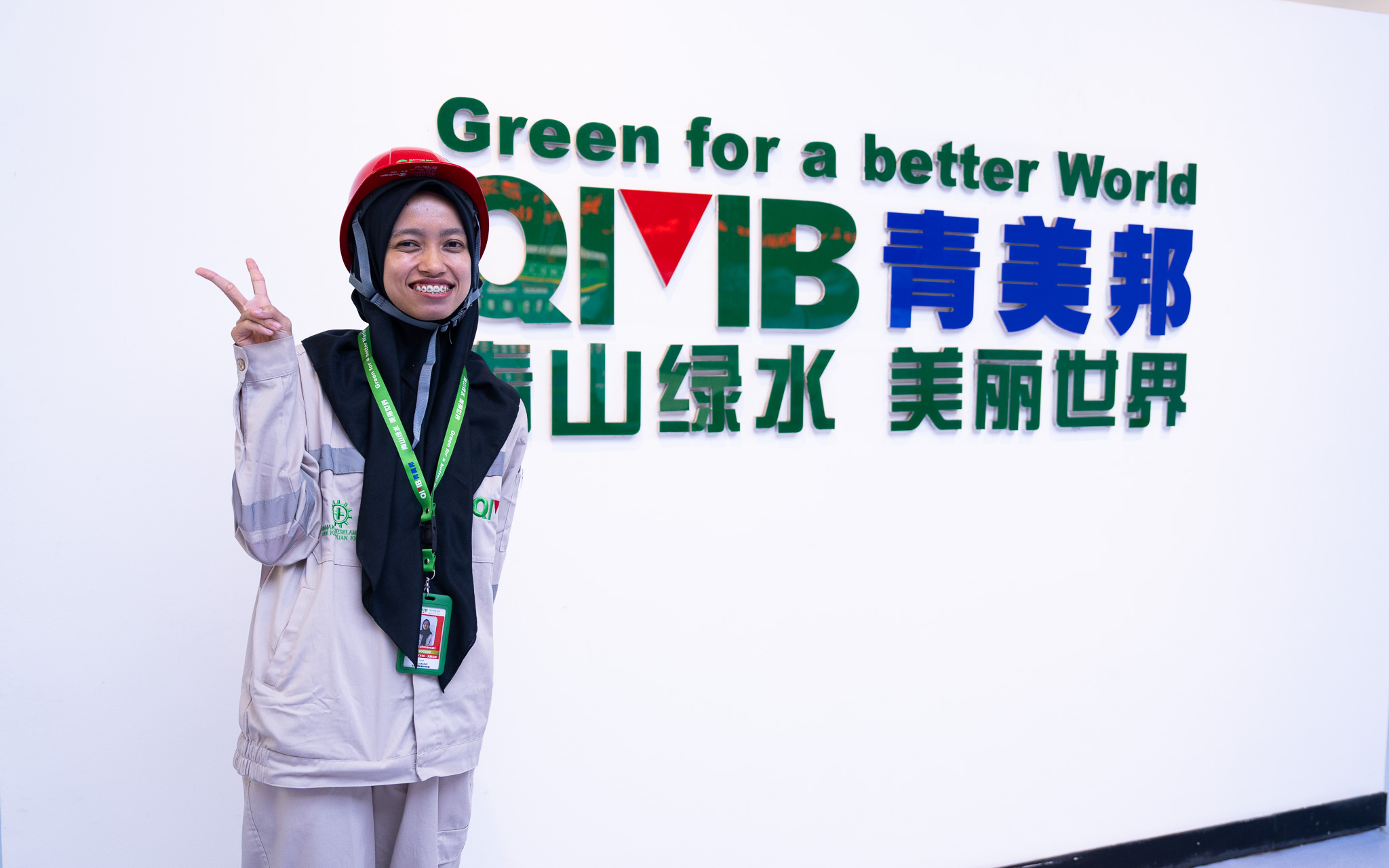Losing temper, carrying weapons, fighting, and often ending in vain deaths, that is what frequently happens among the indigenous communities on Buru Island. Not to mention the gold mining feuds between residents and the chaotic land buying and selling cases, which just make friction among the residents continue unabated.
Buru Island, with its beautiful mountainous and ocean landscapes, has become an attraction for many migrants from across the archipelago. You can meet people from Sumatra, Java, Sulawesi, Ternate, Kei, and others living side by side in the dynamics of fluctuating relationships and economic struggles.
This island, covering an area of 12.6 square kilometers, is home to about 142,304 people. In terms of numbers and level of busyness, it is indeed relatively quieter compared to the Maluku Province (1,945,648 people) or Ambon City (362,639 people).
Ratu Boi Maira Suat Pasai also Boymaira Suat Pasai is a young man who grew up in South Buru Regency, Buru Island, Maluku. His home is just a stone's throw away from the beach, very close to Waeteba Village Beach.
Like most youths on Buru Island, Boy, as he is affectionately called, was born into a simple family with parents who are farmers. This man, born in 1998, has also experienced and reflected on the dynamics of life there.
Indeed, there are many complex factors when discussing the background of friction and disputes among the residents there. One of the aspects highlighted by Boy is the low level of education and knowledge in his hometown.
This is what motivated Boy to weave a dream of accessing higher education. Not just satisfied with graduating from high school and college, he continued his education to the master's level.
A Farmer's Child in an Affirmation Area
Boy's ancestors come from the Kei Islands, Maluku. His parents then migrated to Buru Island to seek a livelihood there and became farmers by planting clove, nutmeg, and copra trees. This is where Boy was ultimately born and spent most of his time in South Buru Regency.
The economic life of the Buru Island community depends on marine and agricultural products. For example, the price per kilogram of copra is only IDR 3,000. Usually, one ton is sold per harvest, generating an income of IDR 3,000,000.
There are two harvests per year. Assuming one ton per harvest, the total harvest money is only IDR 6,000,000 for one year. Such income is certainly not enough to support a family with an average of three to five children at home.
With such conditions, it's no wonder that the average education level of the community there is only junior high or high school. Higher education is still far from reach.
"Perhaps their psychology when they continue to college level becomes a hindrance to their (family's) economy," said Boy.
This structural root is what makes education not a primary priority to pursue. Even those who are relatively wealthy, like plantation owners, also have a reluctance to pursue higher education. They think that graduating from school does not necessarily guarantee a decent job.
It was fortunate that Boy's family had the awareness to want their children to pursue higher education. Out of five siblings, three have graduated with a bachelor's degree, including Boy.
The Steep Road to Accessing Education in the Archipelago
Maluku is an archipelagic area where access from one island to another requires sea or air transportation. Good schools and universities are still located on other islands.
Even though still in the Maluku region, Boy's journey was quite circuitous to reach Ambon Island where he pursued his education.
From his village, he first went to Namrole City and continued to Ambon City using a ferry for a travel time of seven to eight hours. If using a plane, it only takes 25 minutes, but of course, it is more expensive.
Boy completed his high school education and graduated with a Law degree from Pattimura University in Ambon in 2022. It only took 3 years and 8 months for Boy to earn his Bachelor of Law degree.
Support from friends, siblings, and family kept Boy motivated to pursue a Master's degree. He chose to study Master of Law at Gadjah Mada University. Boy chose UGM because he was interested in the law professors there, who he thought were competent and of good quality.
"Therefore, I decided to choose UGM as my main campus. And the desire to gain more knowledge about criminal law," explained Boy.
LPDP itself specifically has an Affirmation Area Scholarship program, a special scholarship track designed for sons and daughters from 3T areas (Frontier, Outermost, and Disadvantaged). Buru Island, Boy's hometown, is one of the areas included in this program.
He first learned about the LPDP scholarship from his biological sister in 2021. His interest was also supported by seniors and peers at university
Finally, he applied for the LPDP scholarship in 2023 through the Affirmation Area Scholarship program and passed on his first attempt. Meanwhile, the acceptance letter as a Master of Law student at UGM was already in his hand.
The Hope to Return to the Hometown, Providing Legal Aid
Boy is indeed about to start his Master of Law studies in the middle of this year. However, he has already expressed his desire to return to his hometown and dedicate his knowledge to providing pro bono legal aid.
His undergraduate thesis research addressed the issue of sharp weapon misuse among the indigenous communities in South Buru. These indigenous communities have a habit of carrying sharp weapons when traveling in their environment, in public places, or in urban areas.
This is quite striking compared to the people of Buru in urban areas who do not carry sharp weapons when traveling. Carrying sharp weapons everywhere makes it prone to misuse and can spark bloody conflicts.
Not to mention other legal issues such as land and mining conflicts. It is this tangle that leaves a void of legal ignorance and high case costs.
As a law student who witnesses the background conditions in his area, Boy wants to establish a Legal Aid Institution (LBH) after completing his Master's degree later.
"The life of the community there is that they do not understand when there is a problem. They think that going to a lawyer requires so much cost. So they realize that LBH helps them in all kinds of problems," hopes Boy.
With the presence of LBH, residents will understand the legal consequences of their actions and impact on orderliness and can alleviate the burden of the people when dealing with the law.
Moreover, with Boy's achievement of studying up to the Master's level using an LPDP scholarship, it can inspire the younger generation on Buru Island and its surroundings to continue pursuing the highest education. Especially since the country is currently providing opportunities for Master's and Doctoral studies at home and abroad.
"Because with education, I believe my region will advance," concluded the young man from the island that once served as a political exile camp during the New Order regime.
He is confident hat his region will shine brighter with human resources that continue to advance through education.



